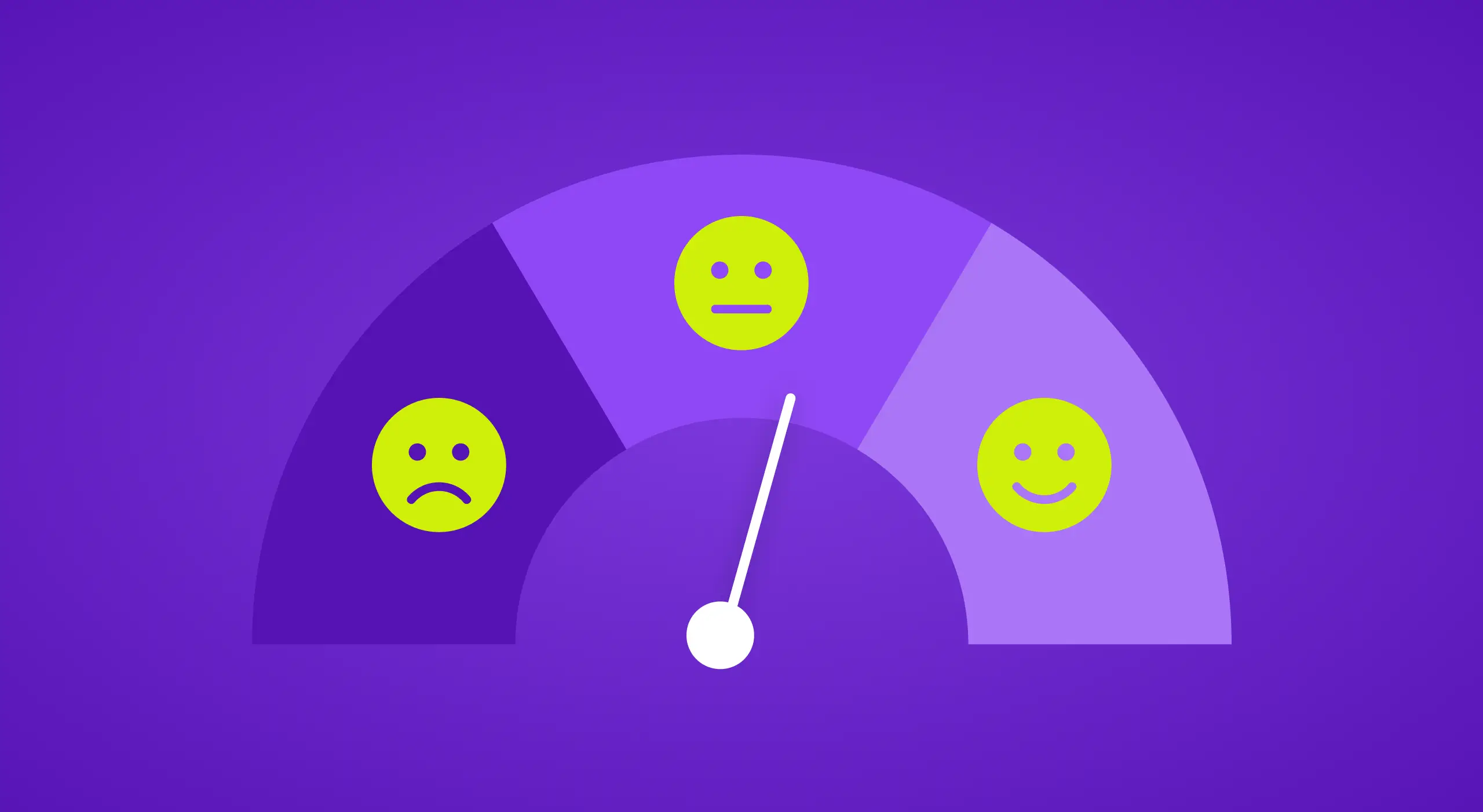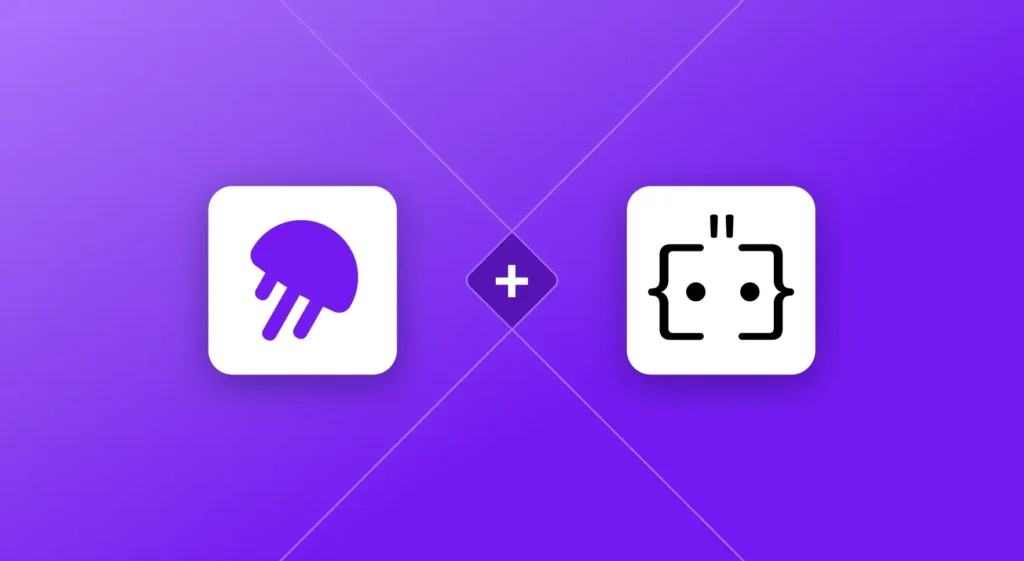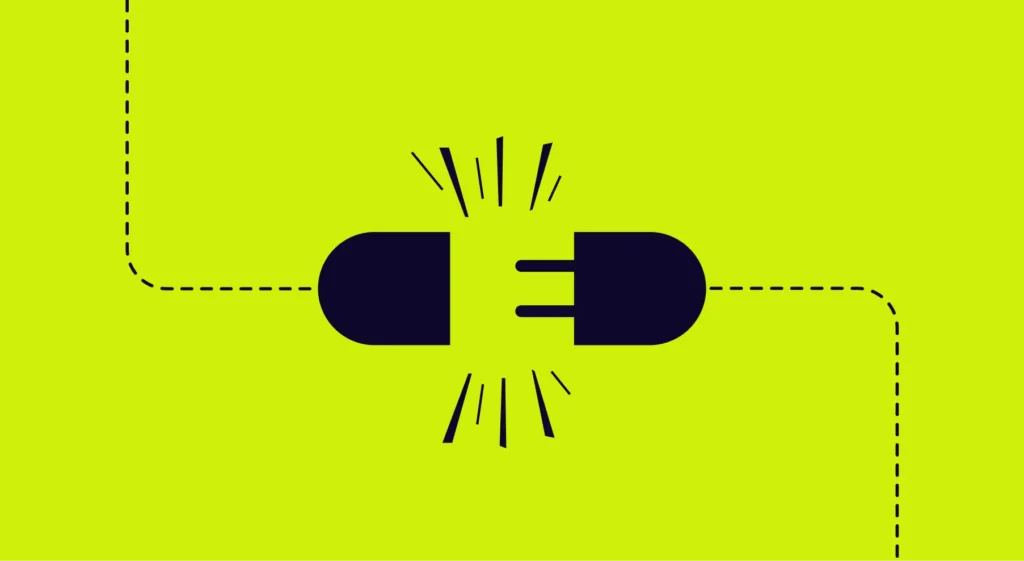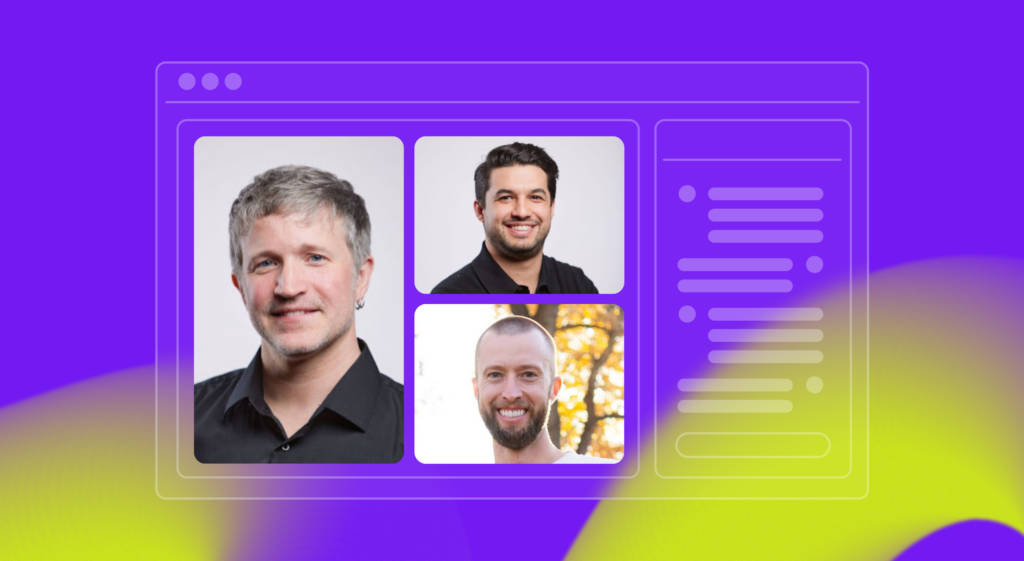In this article
The Bad: More features isn’t always better
What’s the ceiling for artificial intelligence?
Will it replace waves of employees, or will it simply enhance existing workflows?
Will it drive modest but meaningful boosts in performance, or will it lead to infinite productivity?
We wanted to understand what real – human – employees felt about AI’s potential, so we brought together 20 engineering and product leaders for an open discussion. Here, we’ve compiled some of the most interesting quotes from that conversation – anonymized to encourage candid opinions – including predictions for the future of engineering and product development.
The Bad: More features isn’t always better
One product manager asked a simple question: is infinite productivity actually a good outcome? They used the example of a team that previously committed to launching three features per quarter. If that team becomes five times more productive, they will theoretically be delivering 15 features.
From a product perspective, that’s not even desirable. That would be bad. If we launched 15 things instead of three, it would be hard to have enough time and attention from the users engaging with what we’re building. An unstable user environment experience is not something we’re going for here.
Leaders also pointed to the challenges that a “feature factory” would cause throughout the organization.
“My hope would be that teams are really clear about their goals and documenting what they’re doing, creating enablements, writing support docs, and doing all the things that need to happen to make the wheels turn,” said one product manager. “If we’re just in reactive mode because of all the features being released, I’m not going to be confident that the organization is doing what it needs to do.”
The Good: Using AI to enhance workflows
The Good: Using AI to enhance workflows
The engineering leaders in the conversation marveled at how the narrative surrounding AI has changed over the past 12 months. Instead of doomsday predictions of AI replacing engineers, the community has instead embraced AI as a tool to enhance workflows.
In particular, engineering and product teams use AI to ask questions and guide decision-making. “We use AI in the product to suggest what kinds of loyalty campaigns we should use, and to predict which users are most likely to come back,” said one engineering manager. “AI helps us predict which users might need a nudge to return.”
The conversation participants also appreciated the value of AI when deployed within tools like Zoom and Miro – generating precise, useful summaries and action items. However, one engineering leader cautioned against putting too much trust even in these narrow tools: “It’s a slippery slope. You have to double check and triple check before you go even a little bit further into whatever it is you’re working on – otherwise you can get into a lot of trouble.”
The future of product management and engineering
The future of product management and engineering
The engineering and product leaders could all agree on one thing: their roles will change as a result of AI.
An engineering manager for an HR platform expects AI to unlock new levels of productivity for product managers and engineering managers alike. “AI will be able to complete tasks on your behalf,” said the engineering manager. “So what will the next level be? If you use agents to automate part of your job, what will be the new parts of your role?”
One product manager predicted that AI would introduce more flexibility into their role – including aspects of engineering. Further, AI could allow them to build in more focus time to their schedule instead of context switching between several repetitive tasks.
But even as the group debated the potential outcomes of the AI revolution, they recognized that the basic tenets of their roles wouldn’t change. “The tools we use are certainly going to change dramatically,” said a product manager. “But I don’t think the core skills for a product manager will change that much: ability to strategize, rally a team around a goal, and execute.”
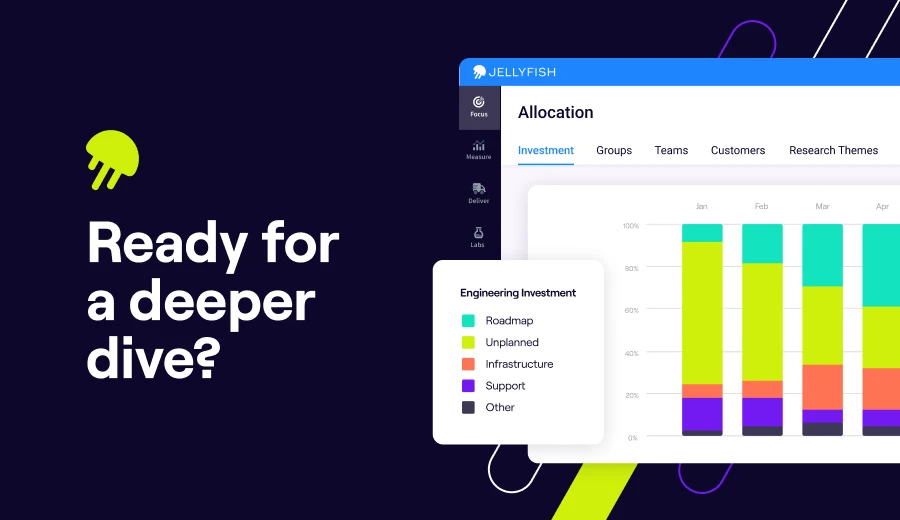
Measure the Impact of AI Codegen Tools
Jellyfish’s Copilot Impact allows engineering leaders to measure adoption, engagement and impact of GitHub Copilot. Request a demo to learn more.
Get a DemoAbout the author

Campbell is Director of Product at Jellyfish.
